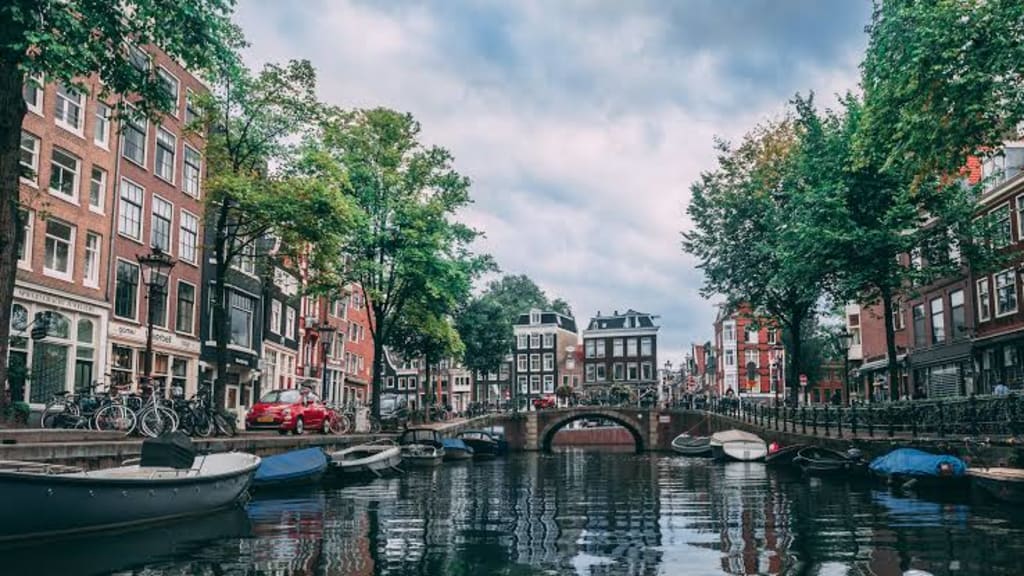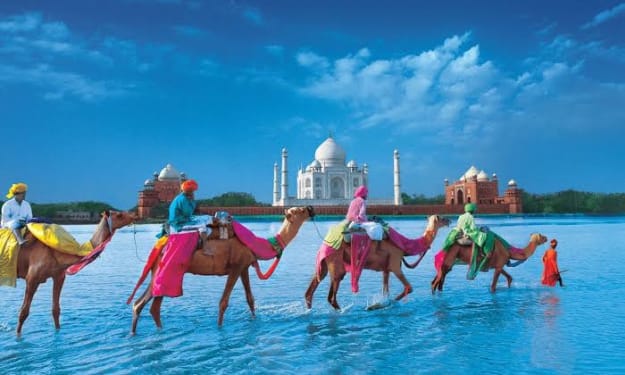
The Netherlands, also known as Holland, is a country located in Northwestern Europe. It has a rich history and has been inhabited for thousands of years. The discovery of the Netherlands can be traced back to ancient times.
The earliest evidence of human presence in the region dates back to the Paleolithic era, around 70,000 BC. However, it was during the Roman period that the area started to be more extensively settled. The Romans established several settlements and built roads and fortifications.
In the early Middle Ages, the region that is now the Netherlands was part of the Frankish Empire. Charlemagne, the Frankish king, expanded his empire into the Low Countries in the 8th century. The Franks brought Christianity to the region and established a feudal system.
During the Viking Age, which lasted from the late 8th century to the mid-11th century, the Netherlands experienced frequent raids by Viking warriors. These raids disrupted trade and caused instability in the region.
In the 12th and 13th centuries, the Netherlands started to develop as a trading hub. Cities like Amsterdam, Rotterdam, and Utrecht grew in importance due to their strategic location and access to waterways. The Dutch developed a strong maritime tradition and became skilled sailors and traders.
The 16th century is considered a pivotal period in Dutch history. The Netherlands gained independence from Spain during the Eighty Years' War (1568-1648). This war was fought between the Protestant Dutch rebels and the Catholic Spanish Empire. The conflict resulted in the establishment of the Dutch Republic, which became a major European power.
During the Dutch Golden Age in the 17th century, the Netherlands experienced a period of economic prosperity and cultural flourishing. The Dutch East India Company (VOC) was established, making the Netherlands a major player in global trade. Dutch artists such as Rembrandt van Rijn and Johannes Vermeer produced masterpieces during this time.
In the 19th and 20th centuries, the Netherlands underwent significant industrialization and urbanization. It remained neutral during World War I but was occupied by Nazi Germany during World War II. After the war, the Netherlands became one of the founding members of the European Union.
Today, the Netherlands is known for its progressive social policies, strong economy, and high standard of living. It is famous for its tulips, windmills, canals, and cycling culture. The country continues to be a major player in global trade and is home to many multinational corporations.
The Netherlands is a constitutional monarchy with a parliamentary system of government. The country is divided into 12 provinces, each with its own local government. The capital city is Amsterdam, but the seat of government is in The Hague.
The Netherlands has a population of around 17 million people and is one of the most densely populated countries in the world. The official language is Dutch, but English is widely spoken, especially in urban areas.
The Netherlands is known for its flat landscape, with about a quarter of the country lying below sea level. The Dutch have a long history of water management and have built an extensive system of dikes, canals, and polders to protect their land from flooding. The famous Dutch windmills were originally used to pump water out of low-lying areas.
The Dutch are also known for their cycling culture. Bicycles are a popular mode of transportation, and the country has an extensive network of bike paths. The Netherlands is often ranked as one of the most bicycle-friendly countries in the world.
The economy of the Netherlands is highly developed and diversified. It is one of the world's largest exporters of goods and services and has a strong focus on international trade. Key industries include agriculture, manufacturing, logistics, finance, and technology.
The Netherlands is also known for its progressive social policies. It was the first country in the world to legalize same-sex marriage in 2001, and it has a reputation for tolerance and acceptance. The country has a well-developed welfare system and provides universal healthcare to its citizens.
In terms of cultural heritage, the Netherlands has a rich artistic tradition. Dutch painters such as Rembrandt, Vermeer, and Van Gogh are internationally renowned. The country also has a vibrant music scene, with genres ranging from classical to electronic dance music.
Tourism is an important industry in the Netherlands, with millions of visitors coming each year to explore its historic cities, picturesque countryside, and cultural attractions. Popular tourist destinations include Amsterdam, with its famous museums and canals, and the historic city of Delft, known for its pottery.
Overall, the Netherlands is a small but influential country with a rich history, strong economy, and progressive social policies. It continues to be a major player in global affairs and is known for its innovation, creativity, and high quality of life.
About the Creator
Enjoyed the story? Support the Creator.
Subscribe for free to receive all their stories in your feed. You could also pledge your support or give them a one-off tip, letting them know you appreciate their work.





Comments
There are no comments for this story
Be the first to respond and start the conversation.